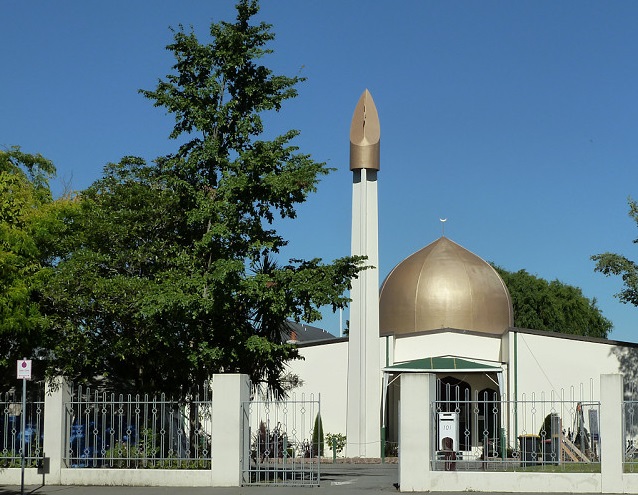New Zealand has the potential to tap into a rapidly growing Muslim tourism market, says a tourism expert.
Also known as “halal tourism”, Kiwi operators and hospitality providers are being encouraged to supply services that comply with Islamic beliefs and practices.
Around 50,000 Muslim tourists from Indonesia and Malaysia travel to New Zealand each year, but experts say there’s still room for growth.
Halal, an important part of the Islamic faith, denotes an action or object that is permissible by Islamic laws. A recent Dinar Standard report called The State of the Global Islamic Economy estimated Muslims spent $137 billion a year tourism. That figure is expected to reach $181b by 2018.
University of Waikato professor Chris Ryan says New Zealand has the potential to triple its halal tourism market, if it can assure Muslim tourists have their needs met.
“We don’t just want more people; what we want are people who are going to spend money with New Zealand tour operators, with New Zealand companies, and stay for long periods of time,” says Mr Ryan.
In total, Indonesian visitors spend just over 84,800 days in the country per year. Malaysia, another Muslim country, adds a total of 321,700 visitor days per year to New Zealand’s tourism industry. By comparison, Australian visitor days totalled 5.4 million, with Chinese racking up 1.2 million days.
“The figures are, in real terms, still quite low,” Ryan said. “We are currently but scratching the surface.”
Part of the solution was to offer more “reassurance factors” to Muslim tourists, like halal food, placing markers in hotel rooms pointing to Mecca (the direction in which Muslims must pray) and advertising nearby mosques where they could worship or connect with other Muslims. Advertising also needed to centre on Muslim-friendly activities.
Muslim tourists tended to avoid beach holidays, and looked for family-oriented holidays. Walking, visiting heritage sites, lookouts and geothermal or volcanic attractions rated highly on the list of popular activities for Muslims.
Islam encouraged travel “to visit friends and family” and that Muslims were instructed by the Quran to see the beauty of God’s world, which New Zealand had plenty of, Ryan said. Halal tourism operator Mohammad Alam, owner of MK Tours, said New Zealand’s current halal offering surprised many visitors, but it was not well marketed. “We are fully prepared to receive and entertain Muslim travellers,” Alam said.
“We have enough halal available and enough prayer places … for anyone who is Muslim to feel comfortable.” South Korea and Japan were marketing their tourist offering aggressively in Muslim countries, and were better known because of it, he said.
Tourist operators interested in learning more about halal should contact the Federation of Islamic Associations of New Zealand, and take steps like employing a Muslim staff member who would be halal-conscious, or offering a prayer room.
“The presence of these things do make a difference.” Religious considerations are paramount for many Muslims, but hotels could cater for that by supplying prayer rooms and markers pointing to Mecca.
As you know most of them prayer five times a day, but when they travel they do it three times a day,” says halal tourism operator Mohammad Alam.
“We don’t necessarily need a dedicated place to pray. It doesn’t have to be a mosque or an Islamic centre. We can do it anywhere.”
Providing information about nearby halal restaurants or, even better, offering halal food, is also important. That means no pork or alcohol and meat must be killed according to Islamic law.
“The most important thing is food,” says Mr Alam. “In Auckland we don’t have many issues because there a lots of halal outlets, but out of Auckland we have few.”
Last year, Muslim tourists spent $137 billion on outbound travel worldwide – a figure that is expected to jump to $181 billion by 2018.
Tourism professionals say New Zealand has a natural advantage over other countries due to its comparatively good safety record. But more frequent and cheaper flights are also needed to encourage growth. The symposium was organised by New Zealand universities, government departments, tourism organisations and Fianz.
/149
Source : Ear-Halal

